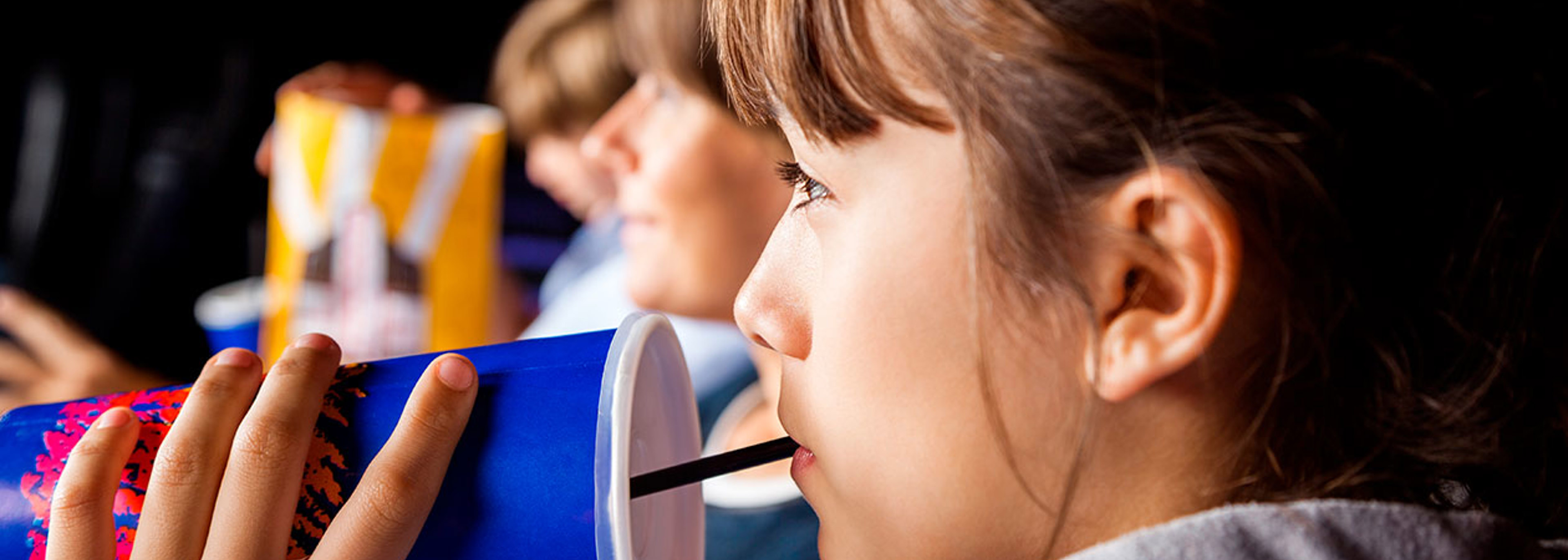Looking for a new role in environmental health?
Whether you're just starting out or ready for your next step, EHN Jobs connects you with the latest opportunities in environmental health across the UK.

Use £340m ‘sugary drinks tax’ to fund free school meals through the holidays, Westminster is being urged by campaigners. The yearly levy raised by taxing manufacturers of high sugar food and drinks was meant to be reinvested into children’s healthy eating

Looking for a new role in environmental health?
Whether you're just starting out or ready for your next step, EHN Jobs connects you with the latest opportunities in environmental health across the UK.